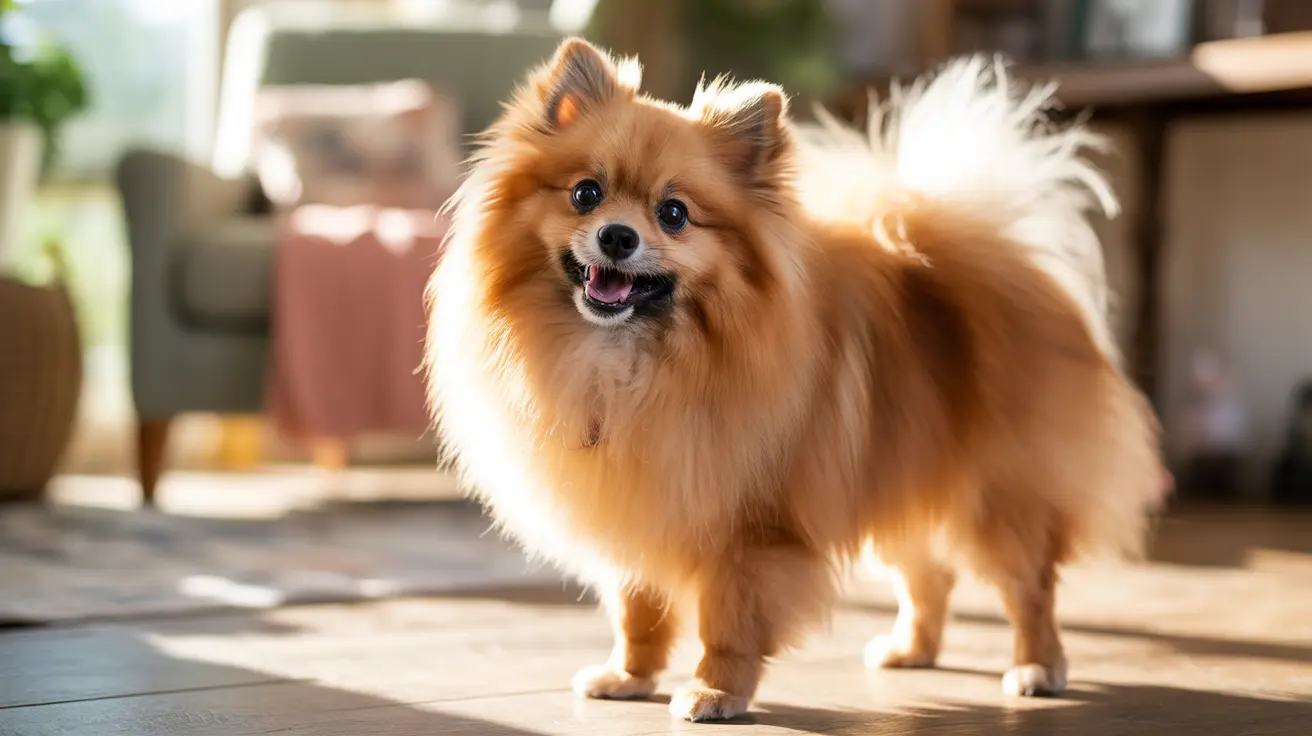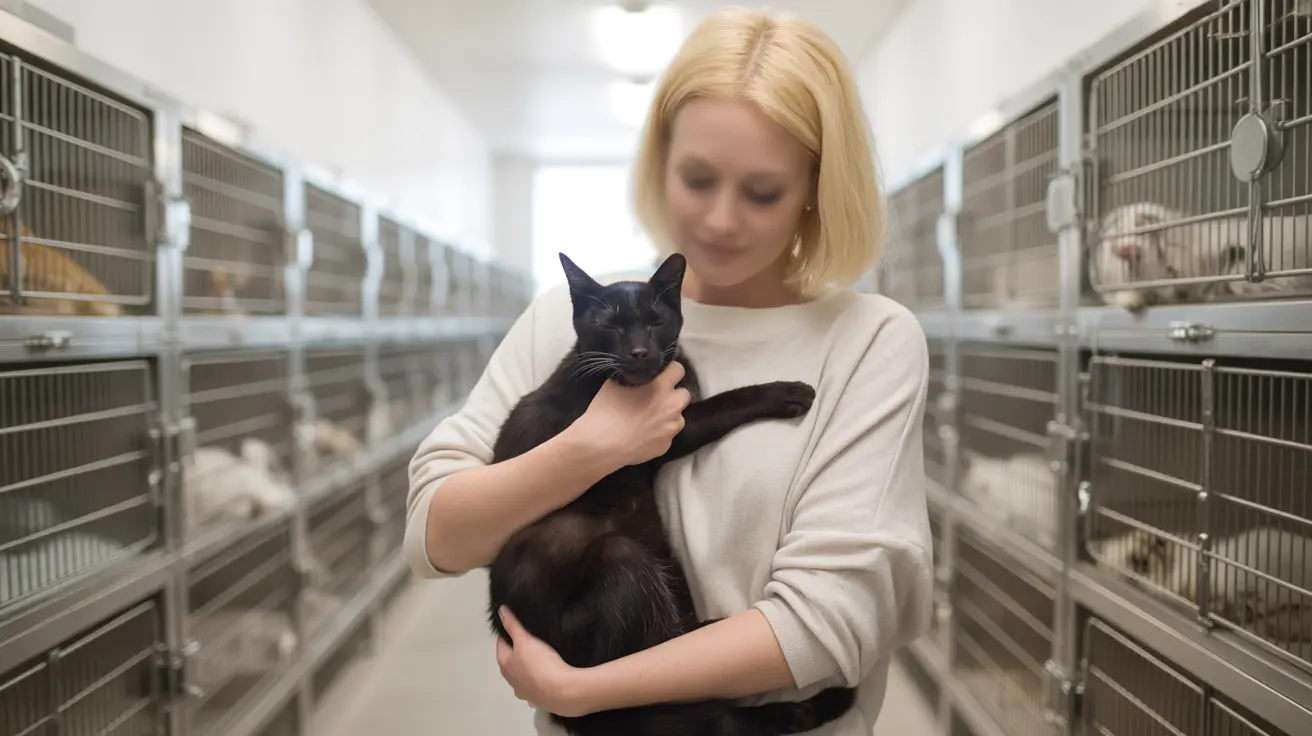Is your peaceful home constantly interrupted by your dog's excessive barking at passersby? You're not alone. Many dog owners struggle with their pets barking at everything that passes by their house, creating stress for both the household and neighbors. Understanding why this behavior occurs and knowing how to address it effectively can restore tranquility to your home.
In this comprehensive guide, we'll explore the reasons behind this common behavior and provide proven training techniques to help your dog remain calm when people pass your property.
Understanding Why Dogs Bark at Passersby
Dogs bark at passing strangers for several key reasons, each stemming from their natural instincts and learned behaviors. Understanding these motivations is crucial for addressing the issue effectively:
Territorial Behavior
Dogs naturally feel protective of their home and family. When they see someone approaching or passing by, they may bark to warn the "intruder" and alert their family to potential threats. This territorial response is particularly strong in breeds specifically developed for guarding purposes.
Fear and Anxiety
Some dogs bark out of insecurity or fear when they see unfamiliar people. This reaction often stems from insufficient socialization during their crucial developmental periods or past negative experiences with strangers.
Effective Training Solutions
The "Quiet" Command Technique
Teaching your dog to stop barking on command is an essential skill:
- Allow 3-4 barks before calmly saying "Quiet"
- When your dog stops barking, immediately reward with high-value treats
- Practice consistently to reinforce the behavior
- Gradually increase the duration of quiet time before rewarding
Desensitization Training
Help your dog become less reactive to passing triggers through systematic exposure:
- Start with controlled situations using friends as "passersby"
- Reward calm behavior before your dog starts barking
- Gradually increase exposure to more challenging scenarios
- Maintain consistency in your training approach
Prevention and Management Strategies
Create Physical Barriers
Sometimes managing the environment can help reduce reactive barking:
- Consider window films that limit your dog's view of passersby
- Create a comfortable space away from windows and doors
- Use baby gates to restrict access to prime barking spots during peak walking hours
Establish Positive Associations
Transform passing strangers from triggers into positive experiences:
- Keep high-value treats near common barking areas
- Reward quiet behavior when people pass by
- Encourage alternative behaviors like going to a designated spot
Frequently Asked Questions
Why does my dog bark at everyone walking past our house?
Dogs bark at passersby due to territorial instincts, fear, or excitement. This behavior can be influenced by their breed, socialization history, and learned responses to perceived threats or opportunities for attention.
How can I train my dog to stop barking at strangers passing by?
Use positive reinforcement training by rewarding quiet behavior, teaching the "quiet" command, and gradually desensitizing your dog to passing triggers. Consistency and patience are key to success.
Do certain dog breeds bark at strangers more than others?
Yes, some breeds, particularly those developed for guarding or herding, are more prone to alert barking. However, any dog can develop this behavior regardless of breed.
What's the best way to socialize a dog that barks at unfamiliar people?
Start with controlled interactions at a distance where your dog feels comfortable. Gradually decrease the distance while rewarding calm behavior, and ensure all social experiences are positive and non-threatening.
Why does my dog only bark at some strangers and not others?
Dogs may react differently to various people based on their appearance, behavior, or previous experiences. Factors like body language, clothing, or even scents can influence your dog's response to different individuals.
Remember, changing this behavior requires patience, consistency, and positive reinforcement. With dedicated training and understanding, you can help your dog become more relaxed and confident when people pass by your home.






